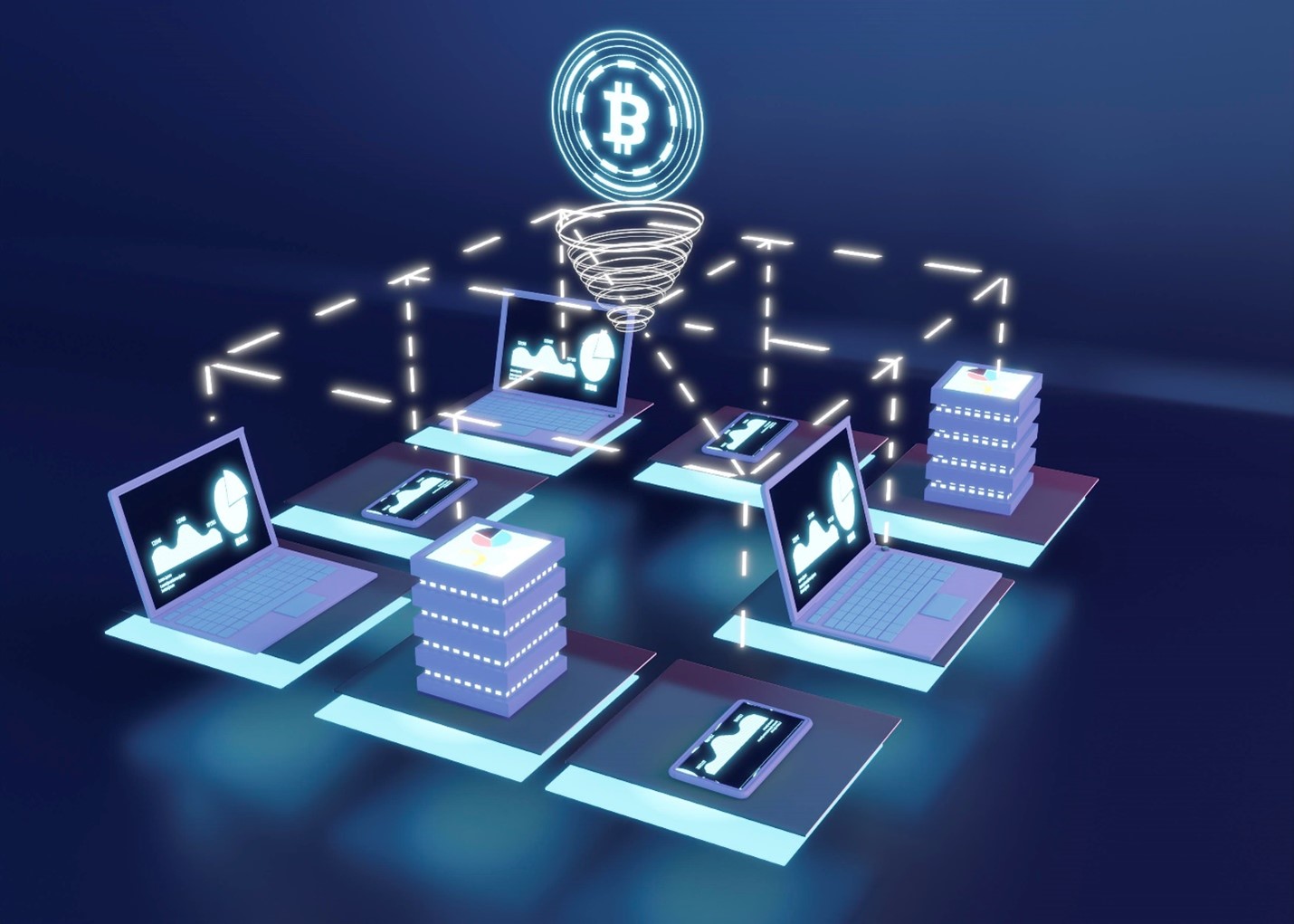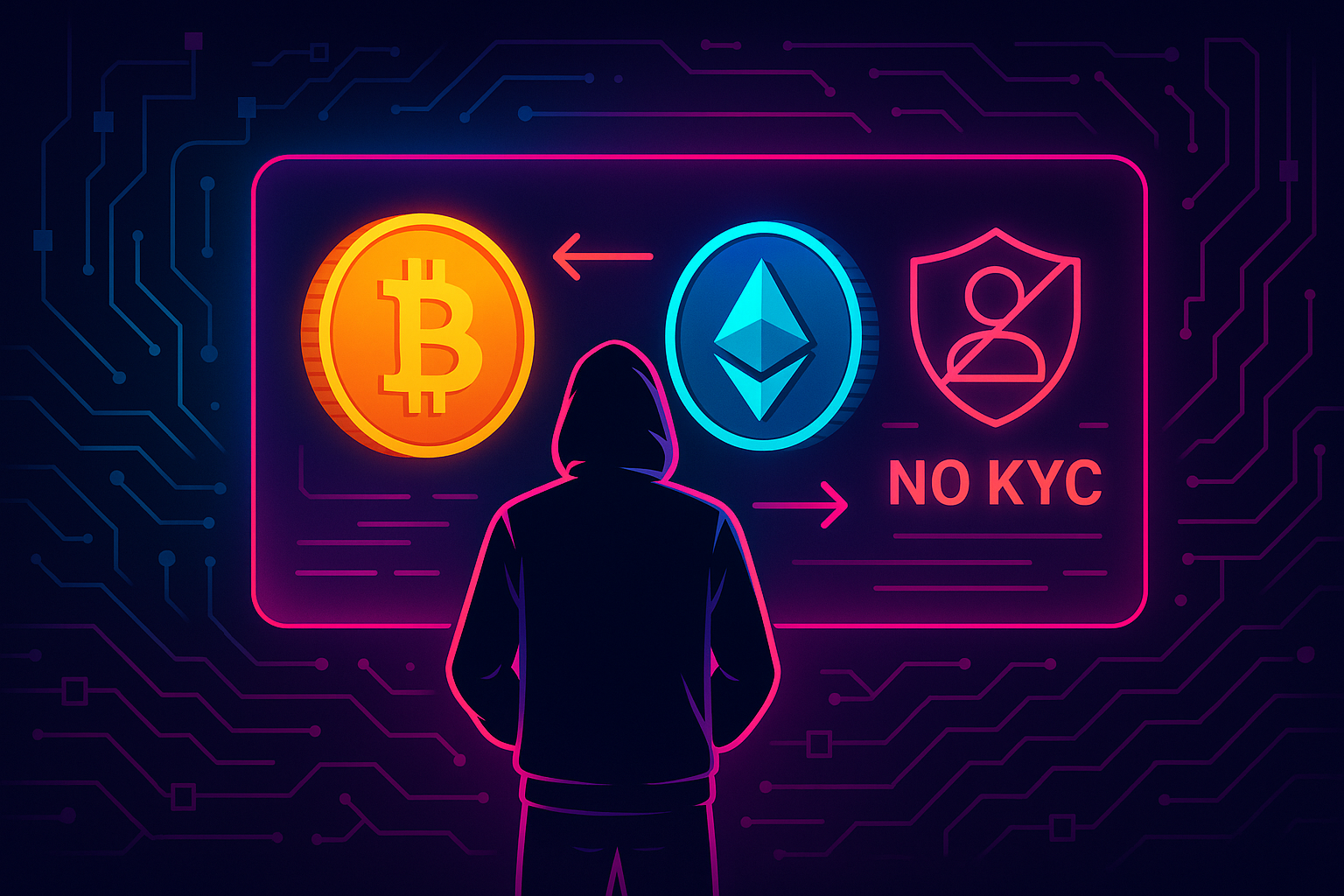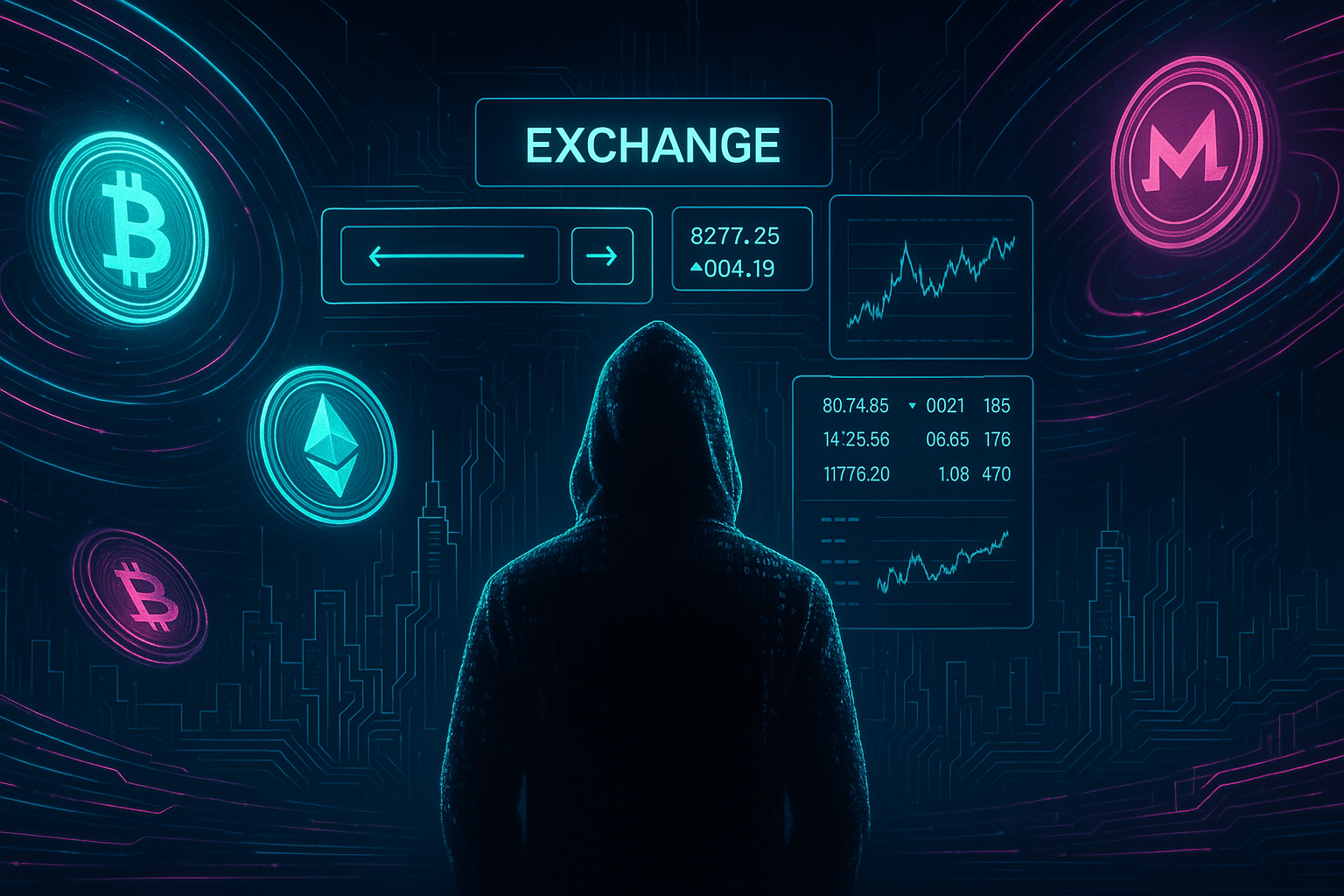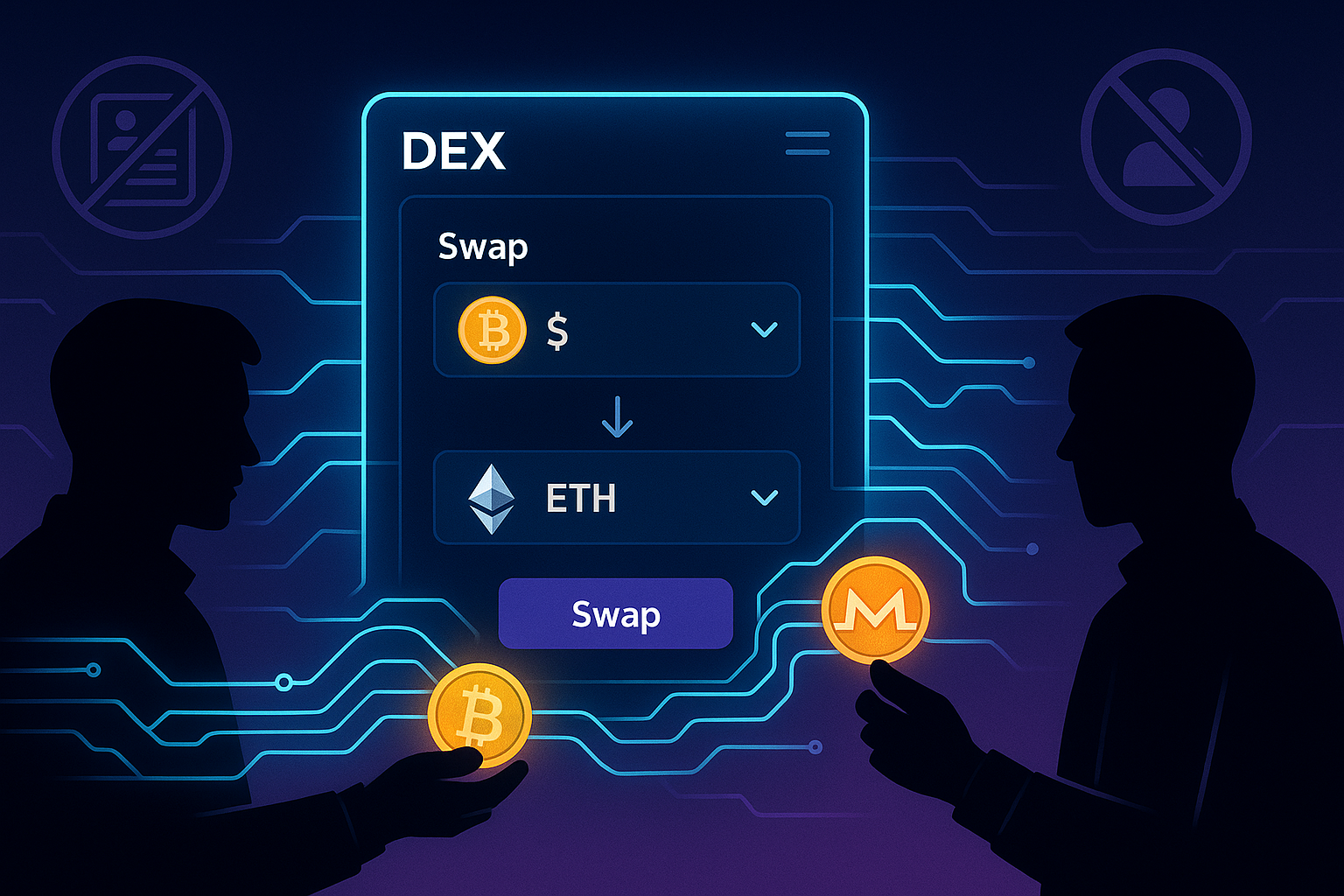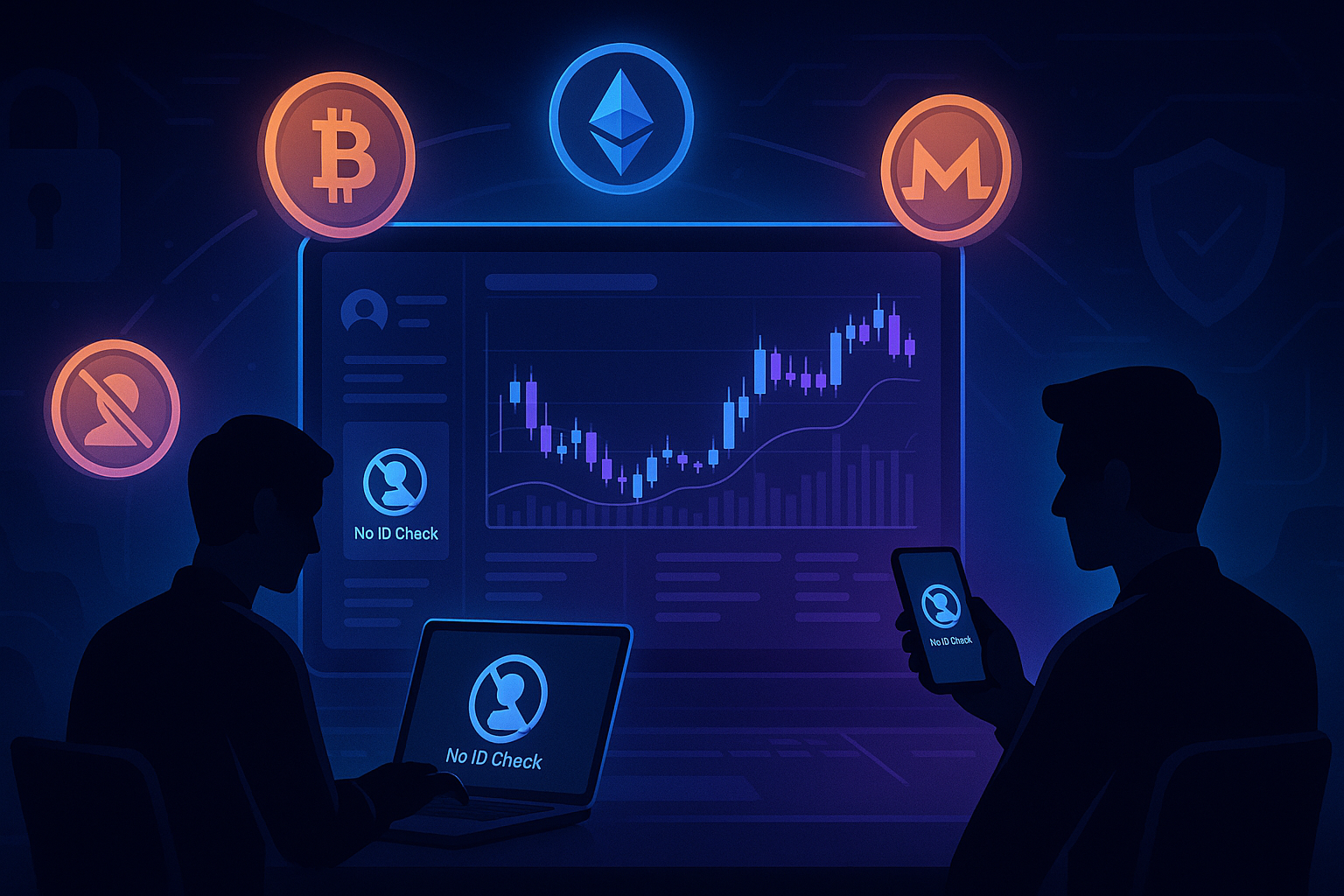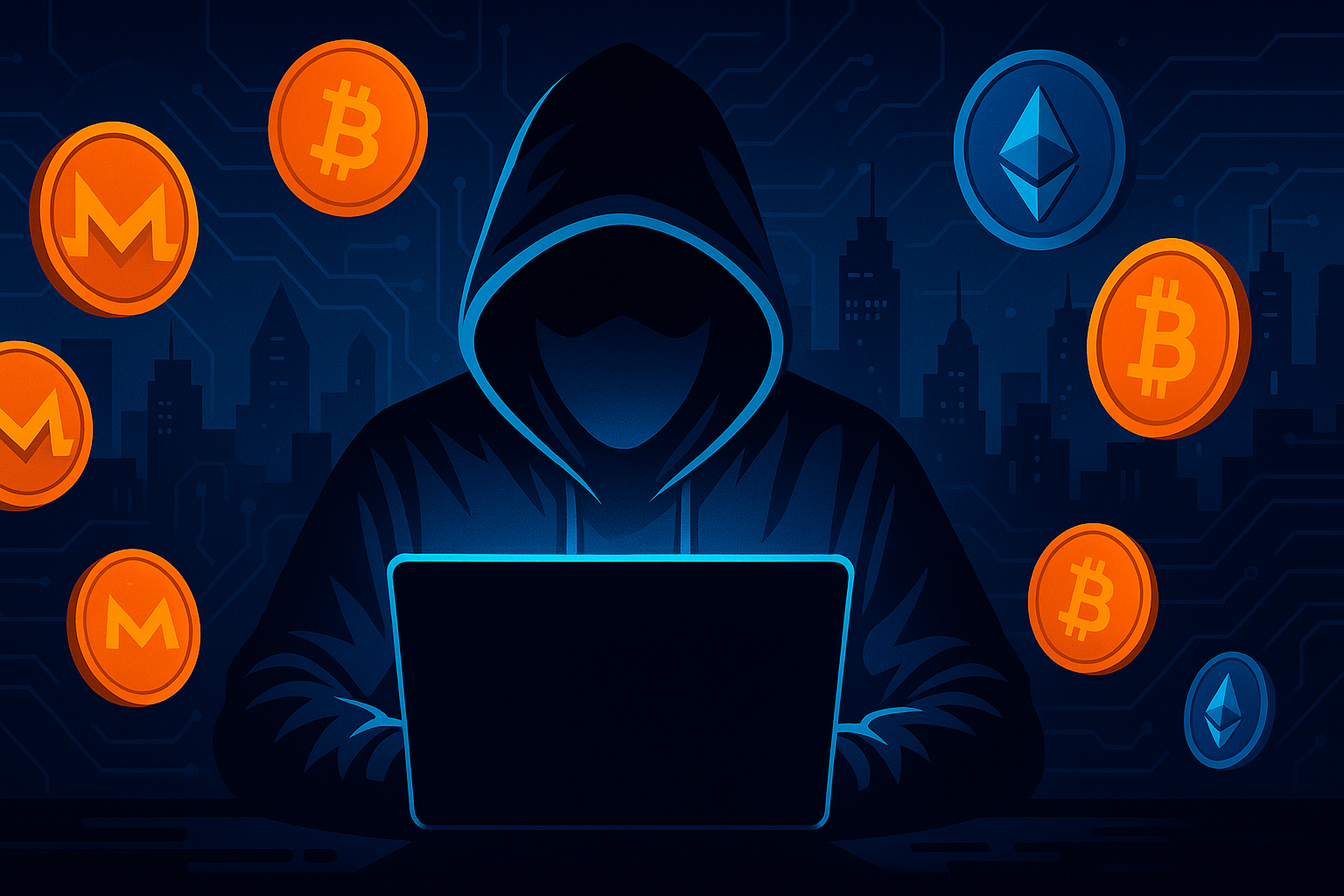Stablecoins are now the most important part of digital transactions. They allowed people to transfer money quickly without necessarily transacting with the market changes. The type of network to be selected is very important as it influences both the speed and the cost of the network as well as the ease of use by the users. A lot of traders would rather swap crypto without KYC due to the time-saving and long processes. This move has made people more interested in non-KYC exchanges, which makes network performance even more critical for safe and smooth transactions.
TRC20: A Low-Cost Choice for Transfers
People like to use TRC20, which is developed on the TRON network, to send stablecoins. It stands out since it has very minimal fees and transactions happen very quickly. This is especially helpful for people who move small amounts of money often. When people want to non kyc exchanges crypto, TRC20 is generally their first pick because it confirms trades quickly. Because TRC20 is accepted all over the world and is reliable, many non-KYC exchanges depend on it.
ERC20: The Standard with Wider Support
Ethereum is one of the biggest blockchain platforms, and ERC20 tokens work on it. Its biggest benefit is that almost all major wallets and exchanges support ERC20 tokens. People who trade crypto without KYC sometimes have to pay more in fees here, but the strong ecosystem makes up for it. Most exchanges that don’t require KYC still trust crypto, ERC20, as a stable alternative for individuals who prioritize network stability. Even though the fees are more than TRC20, a lot of people still use it since they know it is safe and widely accepted.
Solana: Built for Speed and Scalability
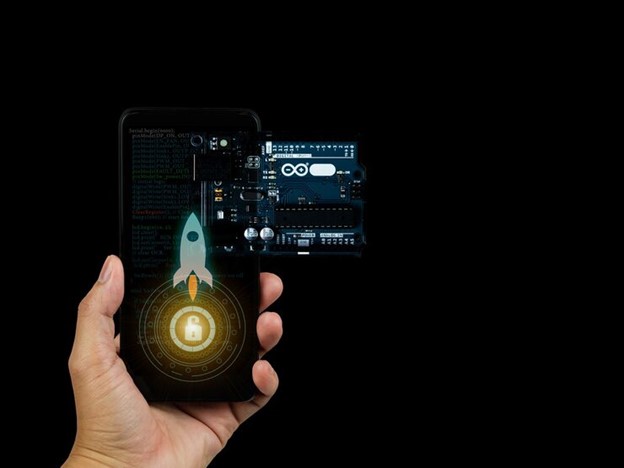
Solana is getting a lot of attention as a formidable contender in stablecoin transfers. High-frequency traders love it because it is fast and can handle a lot of traffic. Individuals interested in trading bitcoin without KYC believe that Solana is a fast and simple method to do it. A few non-KYC exchanges are also using Solana due to its low fees and the ability to handle thousands of transactions per second. Such efficiency gives more freedom to the users, particularly when the latter require prompt settlements within a bustling market.
Comparing TRC20, ERC20, and Solana
Users need to think about speed, affordability, and availability while choosing the ideal network. Before you pick a network for stablecoin transfers, here are a few important things to think about:
- TRC20 offers very low fees, making it cost-friendly.
- ERC20 has the widest ecosystem and the highest compatibility.
- Solana provides unmatched speed and scalability.
- Choice depends on whether you value cost, support, or speed.
These differences are important for people who want to trade crypto without KYC. There are more and more non-KYC exchanges, which give users more choices for finding the right network for their trading needs.
Why Network Choice Matters for Non-KYC Users

Network choice is more crucial than ever because more and more traders care about privacy. Individuals prefer to trade crypto without KYC as it gives them a sense of freedom and they do not need to endure the unnecessary checks that require them to go through. One should understand what type of network they should use, as the type can directly influence the costs and effectiveness.
Conclusion
When it comes to digital finance, the choice between TRC20, ERC20, and Solana comes down to what matters most to you: speed, costs, or support. People who want to trade crypto without KYC should look closely at these networks to identify the one that meets their needs. As non-KYC exchanges grow, users will have more options when it comes to picking the right platform. In the end, services like GhostSwap are making it easier for traders to shift stablecoins and letting them choose how to move money between different blockchain networks.
